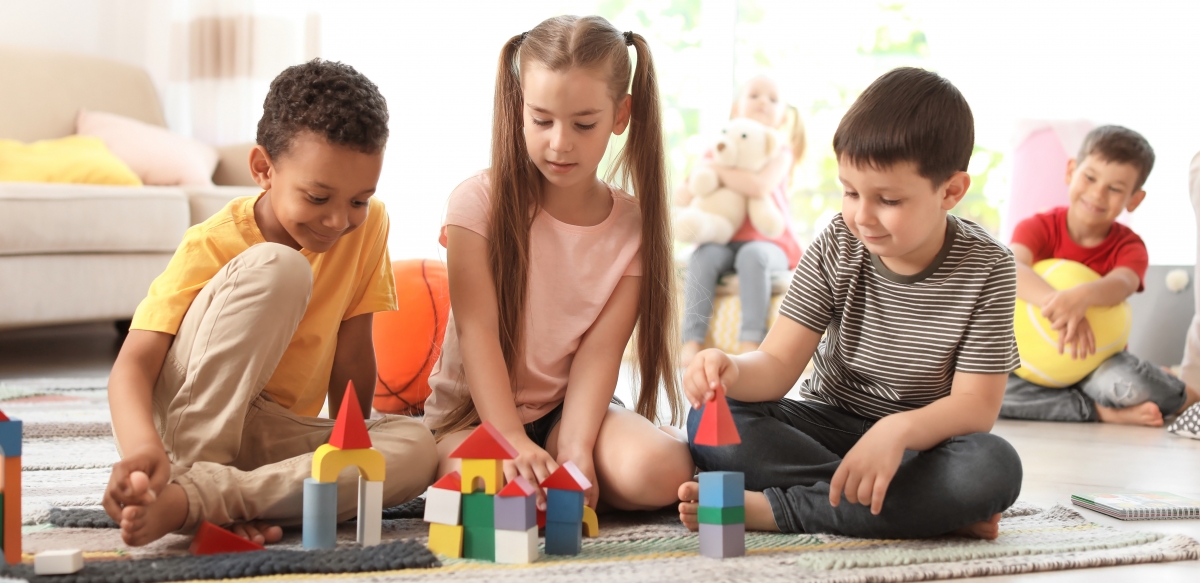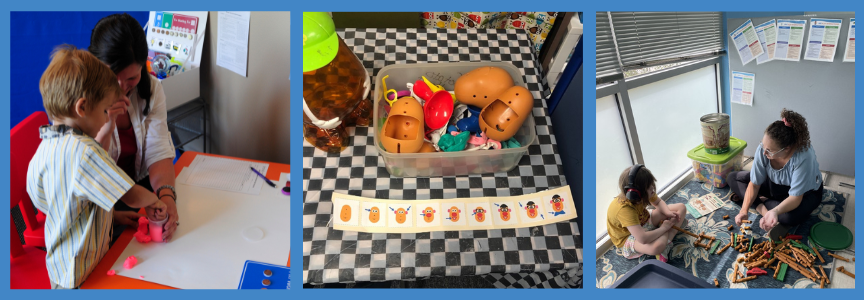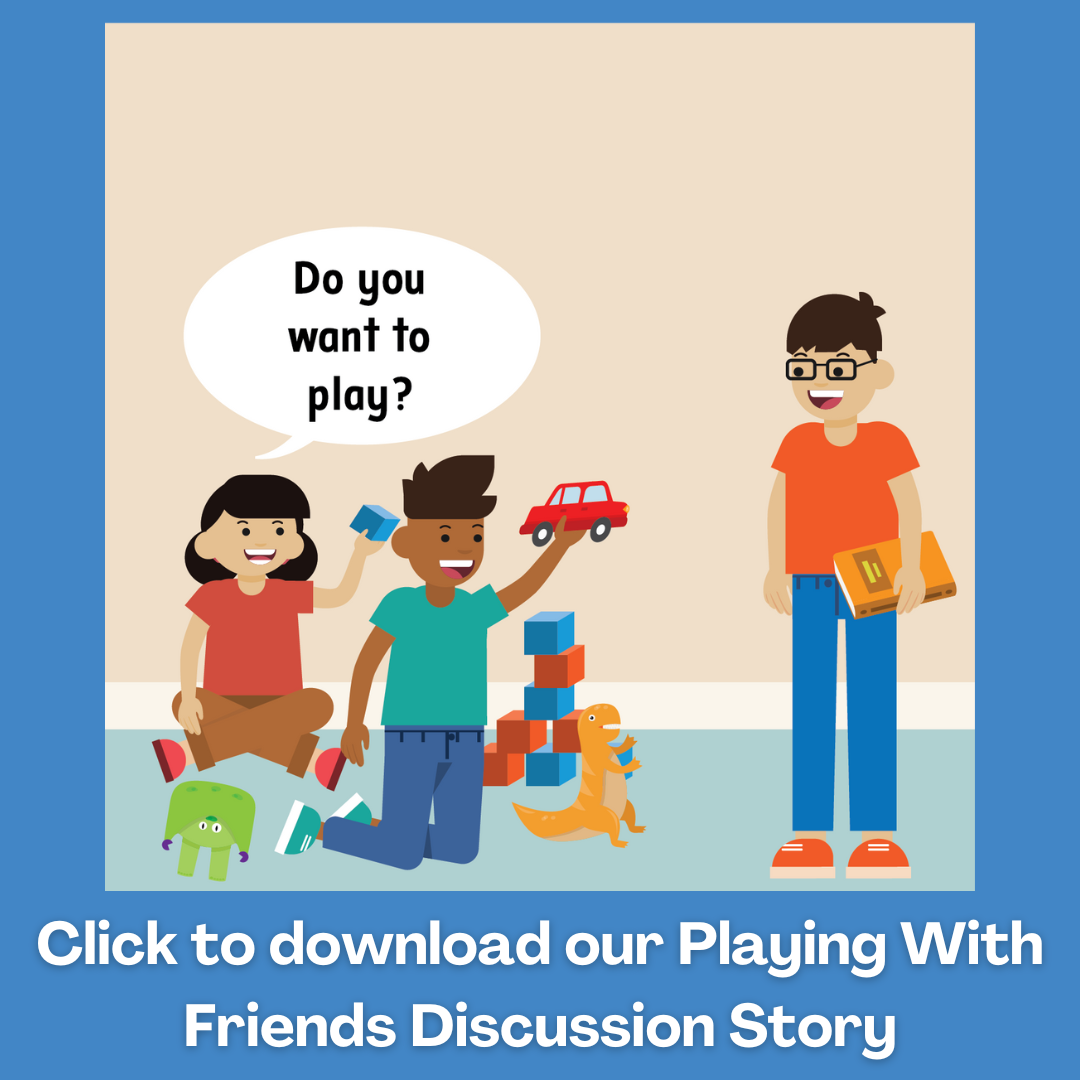December Newsletter | Playtime Is Serious Business!

Playtime Is Serious Business!
Lea este artículo en español aquí.
In the words of Mr. Rogers, “It’s the things we play with and the people who help us play that make a great difference in our lives.”
Play has an incredible impact on children’s lives, and teaching children with autism to play can introduce them to a world of connection and joy. The STAR curricula explicitly teach play and social skills, and this month’s newsletter highlights teaching strategies, suggested toys, and ways to engage older students in play!
Teaching Strategies
Pivotal Response Training (PRT) is a valuable teaching tool, especially because it is play-based and responds to the child’s initiation. PRT is extremely flexible: It teaches language and play skills including turn-taking (Check out our free home support here!), sharing, initiating play actions, following one-step directions in play, and playing with both adults and peers. PRT is also a naturalistic intervention, meaning that it can take place in a variety of settings including choice time at school and at home.
Suggested Toys for Autistic Children
Whether at school or home, it’s always a good idea to have toys on hand that are appropriately leveled so that students can get the most from their playtime. Try some of our favorites!
- Bubbles and balloons
- Light-up spinners and spinning toys
- Squishy toys
At Level 2, more complex toys with multiple parts are a good fit:
- Potato Head (Try our PRT suggestions in English and Spanish)
- Marble Run
- Playdough with tools
At Level 3, try toys that encourage interaction between peers:
- Building Sets (LEGO, Lincoln Logs, etc.)
- Memory games
- Connect Four

Play for Older Students
Play is important for children of all ages! As students age out of toys like spinners and playdough, social play becomes more central. Learning the unwritten rules of playing with others is tricky, and these free resources can help.
- Asking and Inviting Others to Play Skill Worksheet
- Playing With Friends Discussion Story
We developed the SOLER curriculum specifically to teach social and emotional skills, including playing with others! Want to learn more about SOLER? Click here to request more information.
